How Bacteria can improve your Skin
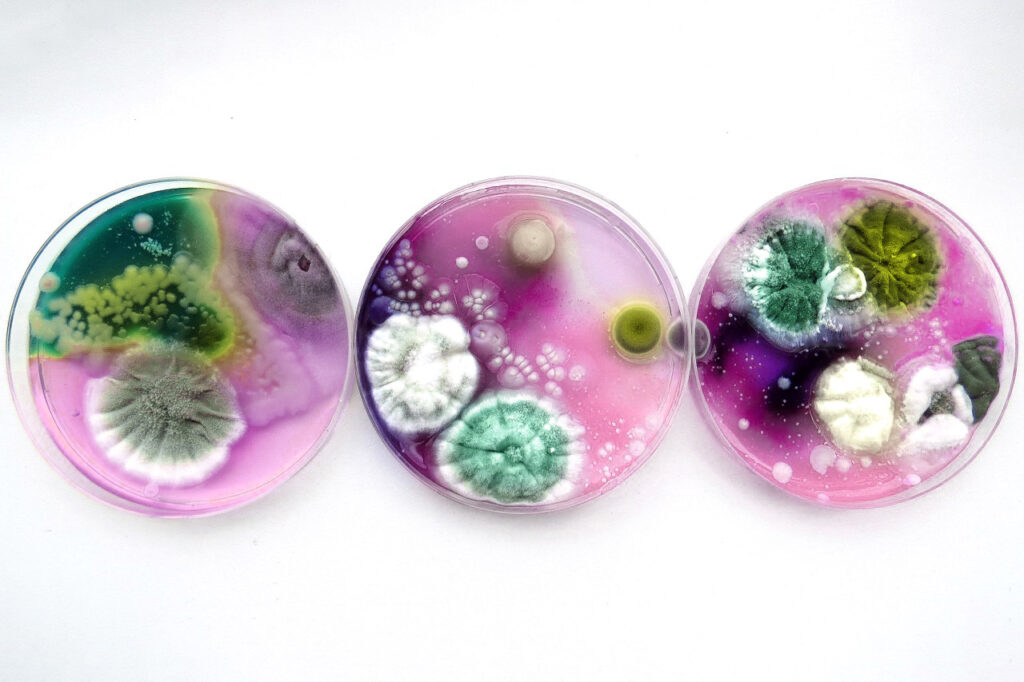
Beneficial bacteria are vital for your skin’s microbiome and we show you how they support your skin so so it can shine again!
And yes, there is such thing as good and bad bacteria, probiotics for example that you can find in yoghurt to improve your gut health it is now part of your skincare. If you wish to boost your skin’s ability to protect itself and improve acne, dehydration, skin sensitivity and so many other concerns that are based on a compromised skin barrier you will do no wrong when implementing these into your skincare regime.
The Microbiome – The ecosystem of your skin
It refers to the countless organisms, primarily bacteria, that live on and in our skin. The microbiome of healthy skin is like a healthy jungle filled with flora and fauna. The more varieties, the healthier the skin. Your microbiome is basically given at birth, unique like your fingerprint and in constant communication with your environment and your skin. This is crucial to understand and makes much more sense when looking for the right skincare product or treatment as there will never be a one-size-fits-all due to its uniqueness.
What works for you might not work for me and the other way around.
Microbes are protecting our skin from pathogens, basically, evil harmful bacteria and also take care of our skin’s immunity. It’s a border control right on your skin that checks everything that tries to enter.
Incorrectly used skincare & treatments can hurt the microbiome
We are the biggest proponent when it comes to facial scrubs, alcohol in toners & regular soap on your skin and here’s why.
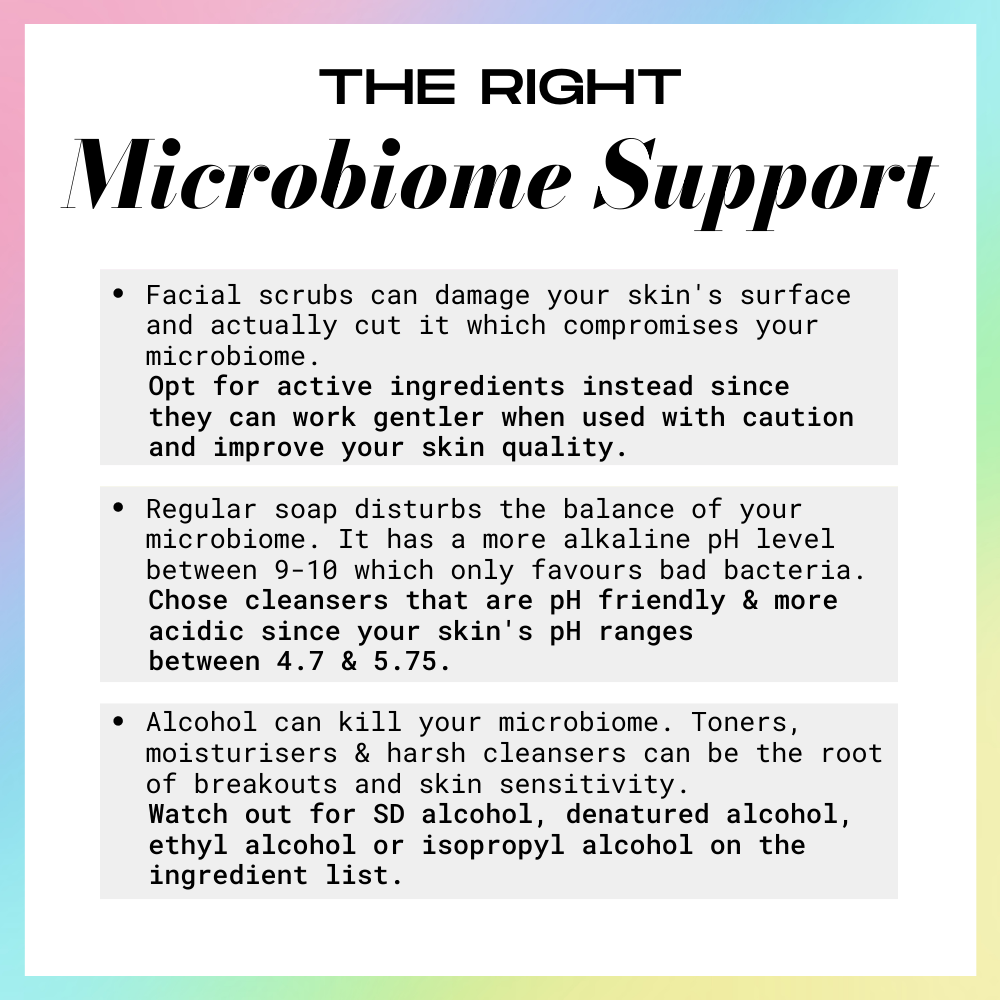
How pre-, pro- & postbiotics can support your microbiome
Divided into three, these helpers can not only improve your gut health but also your skin health.
You want to support it to your best abilities since a compromised skin barrier is based on a compromised microbiome and can lead to rashes, acne and other skin reactions which can be easily avoided when well taken care of.
Prebiotics
- prebiotics feed and support healthy bacteria to keep bad bacteria in check
- unfortunately, many prebiotics can also feed bad microbes
- in skincare, these can be botanically based sugars and oils that provide nutrition for bacteria on the skin’s surface
- microbes that live on the skin differ from those living in the gut, therefore you need prebiotics formulated for the skin
Probiotics
- actual good bacteria, whether alive or deactivated
- in skincare, probiotics are living organisms placed on the skin via creams or other products such as serums or toners
- using probiotics has the potential to improve skin conditions like eczema, acne, dry skin, and UV-induced skin damage
- boosts the production of ceramides, or lipids (fats) that trap moisture in the skin and keep acne-causing bacteria levels at bay
- people with eczema for example have fewer ceramides, so replacing it with probiotics can be very important to support the protective skin barrier
- some probiotics feed healthy bacteria to balance the skin’s pH and protect against free radical damage (antioxidant)
Postbiotics
- postbiotics are fermentation byproducts of bacteria that are good for you
- antimicrobial peptides and fatty acids that naturally occur in the skin and boost the immunity to harmful organisms that try to enter your skin
- are very important for the skin, and the body can’t produce them on its own
- if the bacteria on your skin aren’t producing enough fatty acids or peptides, a topical product with fatty acids can give it a boost to restore the skin barrier
Ingredients to look out for
- Prebiotics
Glucomannan, Xylitol and Rhamnose - Probiotics
Fermented Skincare such as Bifido Bacterium, Lactobacillus and Vitreoscilla - Postbiotics
Hyaluronic acids, peptides, and ceramides
Based on medical research, every skincare product that improves the skin is likely to have a probiotic benefit. Therefore, as always, it is less about the product or brand and more about the ingredient that makes for healthy skin and microbiome environment. Lipids in certain moisturizers, for example, support the microbiome to help healthy skin bacteria grow.
Remember that any skincare product you introduce to your self-care regime can alter your skin’s microbiome for better or for worse.

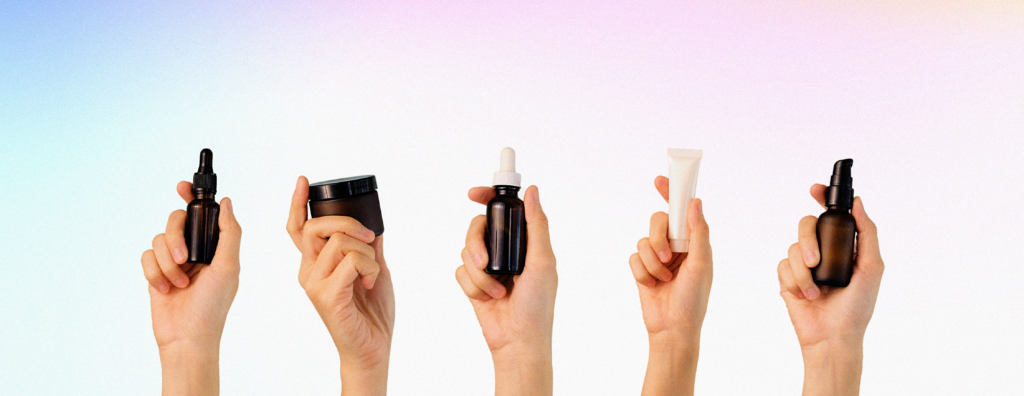
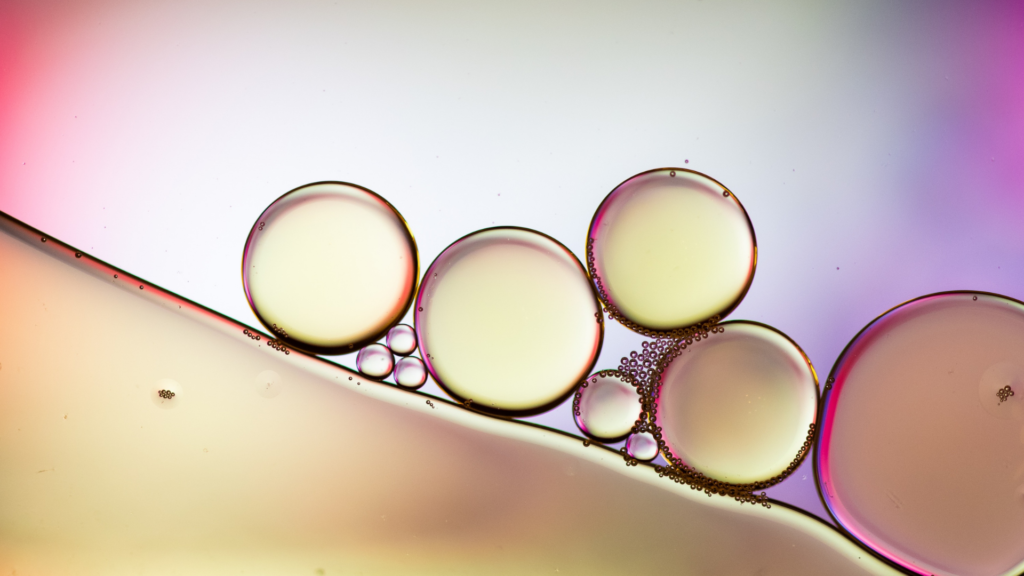

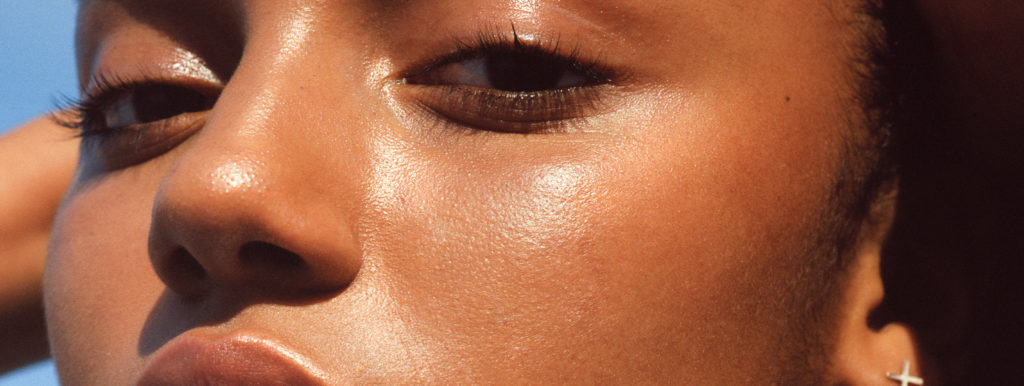
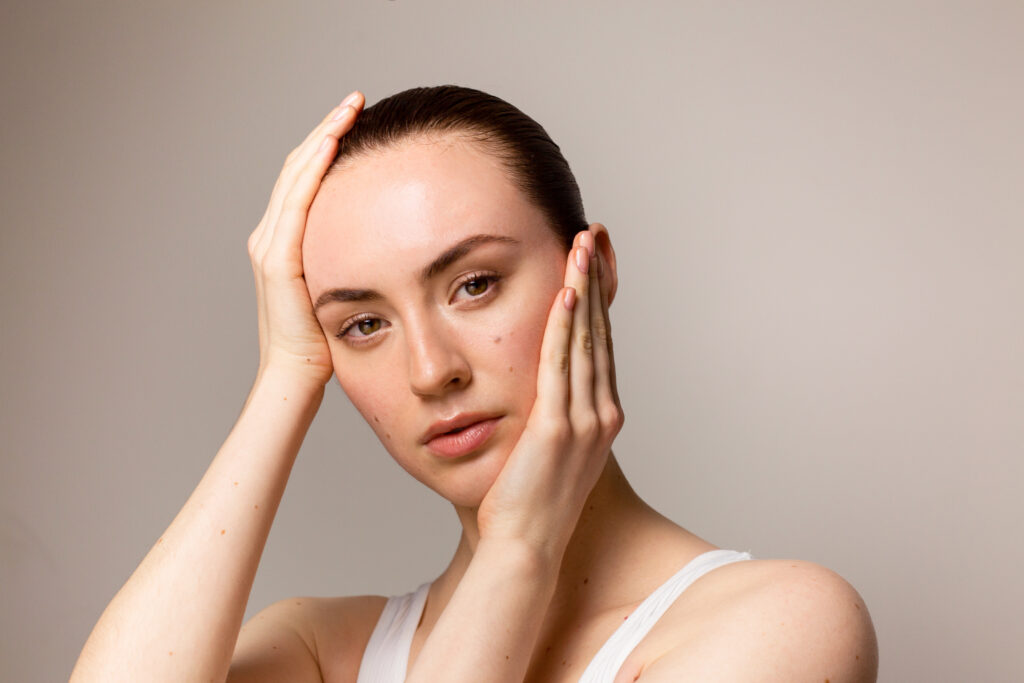
Responses